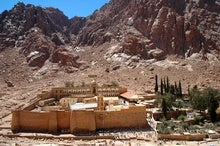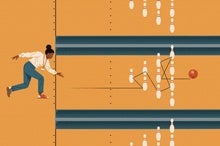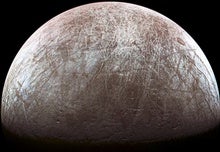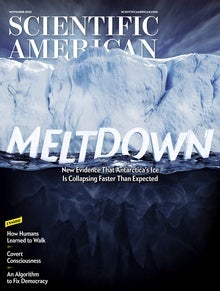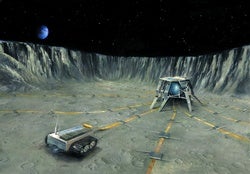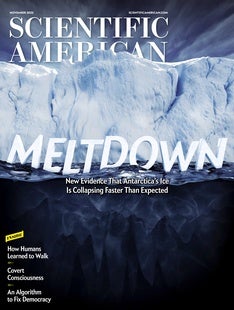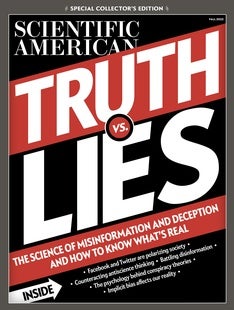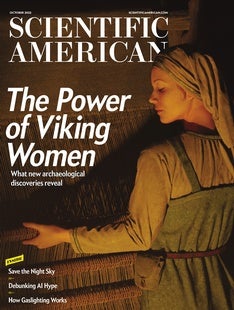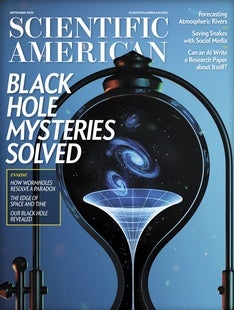 |
| October 20, 2022 |
Dear Reader,
This week, we're saying goodbye to an old friend—albeit one that some astronomers might say had overstayed its welcome. Our lead story covers the recent news that the National Science Foundation will not be rebuilding the Arecibo telescope, a gigantic 305-meter-wide radio telescope that collapsed in 2020 after decades of use for radio astronomy. Although certainly iconic, for most scientific applications the giant dish-shaped receiver was superseded years ago by cheaper and more flexible arrays of smaller radio telescopes, undermining many arguments for its continued operation. Even so, it remained a world-leading facility for studying potentially Earth-threatening asteroids, and its demise leaves a giant Arecibo-shaped hole in the frontline of our planetary defenses. Elsewhere this week, we have stories on the discovery of a long-lost ancient sky map, rule-breaking particle physics results, water's ability to pack in extra protons, and more. Enjoy! |
| |
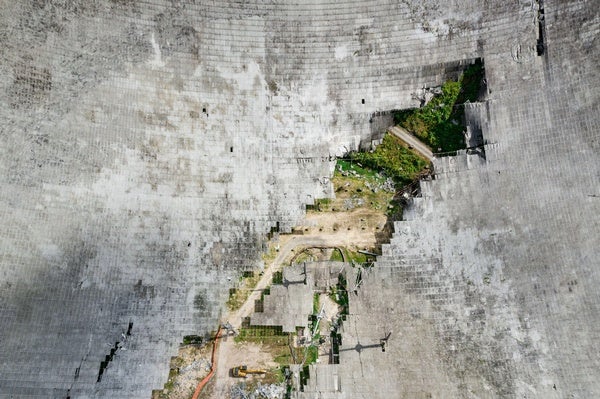 |
| |
| |
| |
| |
| |
| |
| |
FROM THE STORE
 | | | |
| |
FROM THE ARCHIVE
 | | | |
LATEST ISSUES
 |
| |
| Questions? Comments?  | |
| Download the Scientific American App |
| |
| |



